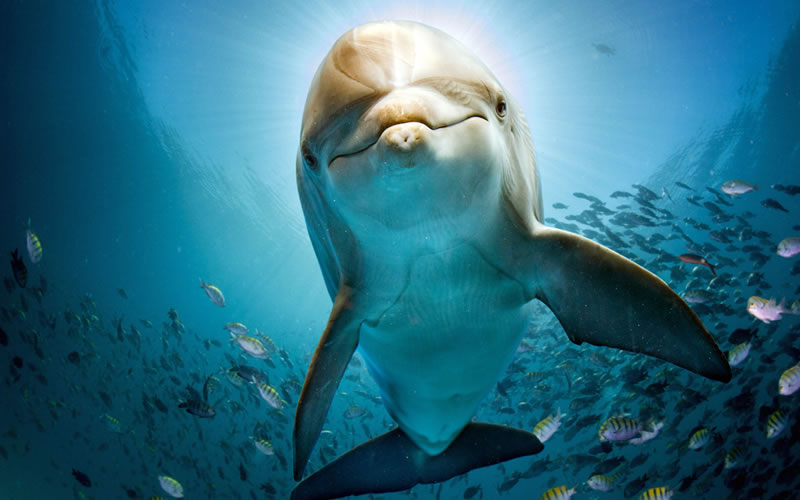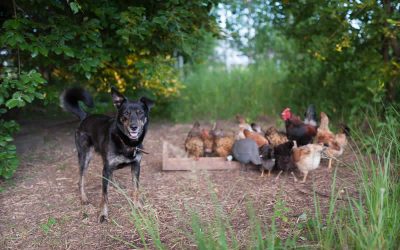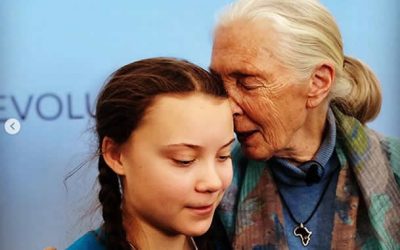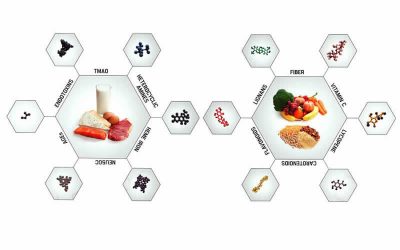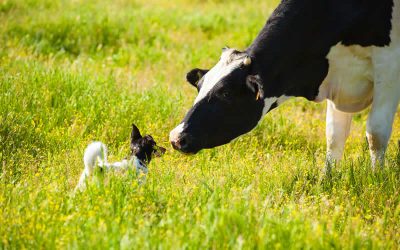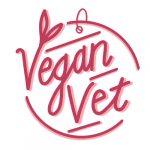Researchers in Scotland have discovered that the brains of stranded dolphins show the classic markers of Alzheimer’s disease in humans.
The study, published in the European Journal of Neuroscience, was conducted by the University of Glasgow in collaboration with the Universities of St Andrews and Edinburgh and the Moredon Research Institute.
Scientists believe their results could confirm the ‘sick leader’ hypothesis, by which an otherwise healthy animal pod finds itself in dangerously shallow waters following the loss of a group leader that may have become confused.
In the study, researchers analysed the brains of 22 dolphins that had been stranded in the coastal waters of Scotland, four of the five dolphin species showed some brain alterations associated with human Alzheimer’s disease.
In particular, three species had amyloid-beta plaques and several other dementia-related pathologies in their brains, suggesting that some dolphin species develop Alzheimer’s-like neuropathology. Dr Mark Dagleish from the University of Glasgow and lead researcher, said: “These are significant findings that show, for the first time, that the brain pathology in stranded odontocetes (dolphins) is similar to the brains of humans affected by clinical Alzheimer’s disease.”
Read full article here published in MRCVS January 2023
What does this have to do with pet food?
The common denominator that we have with mammalian dolphins and humans, is the eating of fish! It is known that fish contains levels of arsenic from the ocean which can bioaccumulate as these fish are eaten by mammals. The studies of the affected dolphins showed that in particular, three species had amyloid-beta plaques and several other dementia-related pathologies in their brains.
A quick Google search shows that arsenic exposure causes these ‘amyloid-beta plaques’ to develop so there should be research into the eating of any fish foods or use of fish oils and the development of Alzheimers in humans and age related dementia in our pets.
It doesn’t stop with arsenic that bioaccumulates in one species and gets stronger when eaten by another species. This article shows the effect of all the dangerous heavy metals and how they bioaccumulate in the organs of feedlot animals….the very organs that are used in the pet food industry!
Fish has been used as a protein and fat source in pet food and continues to be used when we know that dogs and cats are land mammals that would never normally choose to catch fish if left to fend alone in the wild – especially cats who are originally desert animals. There really should be a complete ban on the use of fish of any sort in pet food…especially if fish are known to be carriers of not only arsenic but also heavy metals such as lead and mercury that bioaccumulate in the tissues of pets fed these foods.
Read here about the presence of arsenic in pet food mentioning fish in particular as a real hazard.
Yet again, even more reason to only eat plant-based natural pure foods – for us and our pets!
“As a vet, I believe in a kinder, healthier way to feed our pets that does no damage to our environment, harms no animals and uses fresh, healthy plant-based ingredients for a balanced and delicious diet”
Arielle Vegan Vet
“If nobody changes then nothing changes but if somebody changes then everything changes!”
Arielle Vegan Vet

Esther the Wonder Pig
This is a picture of a sixteen year old girl that is under more pressure than any of us can likely even fathom, enjoying a quiet day with a pig she loves, with cupcakes and a smile on their faces
An Emotional Day
As a vet, I experienced an emotional rollercoaster of a day and for the first time in my 25 years as a vet; I crumbled into a crying mess
Shouldn’t we all eat what we feed our chickens?
When it comes to sustainability in our food choices to ensure a future for both ourselves and the animals around us, the proof is out there that a plant-based diet is the healthiest
Get rid of the dog!
The contestants had no idea that the family dog, fed two predominantly animal meat-based meals a day, was contributing to more carbon emissions that either the car or the human family meals!
A message of hope
It’s a reminder for us all that giant leaps often start with small steps
Game Changers Changing Dog Food
FINALLY WE HAVE SCIENCE TO PROVE THAT EATING WHAT WE FEED THESE ANIMALS IS FAR HEALTHIER FOR US THAN FEEDING OFF THEIR MUSCLE!!
Mars petfood said to be developing a meat-free pet food!
I am very excited to read that the multi-national food corporate Mars who own Pedigree and Whiskas pet foods, are finally concerned about the environmental impact of farming and are looking at meat substitutes for pet food!
The life of a dairy cow
This may be one of the hardest posts I will ever write but as a vet, a mother and now a vegan, I feel that everyone has a right to know about the life of a dairy cow
Ruff goes on holiday!
The joy you feel on holiday with your pets who are enjoying themselves is immense
The most delicious date loaf ever
I looked up a recipe online as I was concerned that maybe I wouldn’t be able to enjoy a delicious date loaf again now that I am vegan…..how wrong I was!
Our human food has shaped our dog’s gut microbiome
We tend to feed our pets on the foods that we like – yes we are all guilty of it!
Whatever it takes
My journey to find the ideal balanced plant-based food for our little dog has been fraught with stress as my husband (also a vet but also a complete perfectionist) is in denial with

